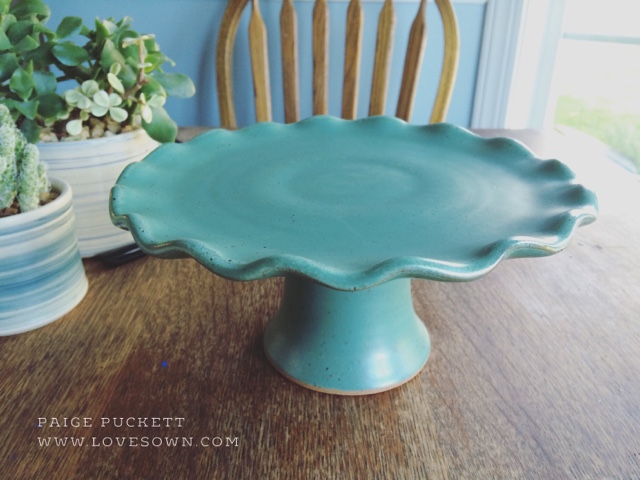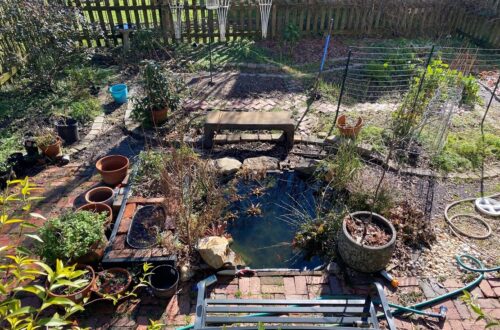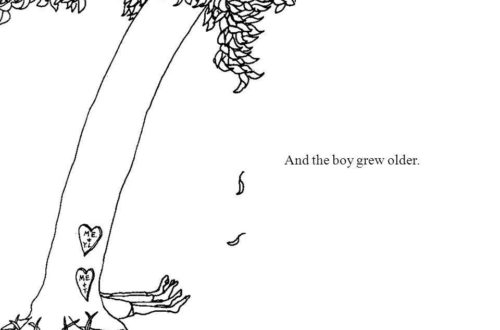It is a Hobby or a Business?
As I move into my eleventh year of making pottery, I want to reflect on the things I do well and the things I do poorly and ask myself if I’m where I want to be – commitment level, skill level, etc. But before I can fairly assess my own performance, I have to know what my goals and intent were. I actually teach a class on stream restoration structure risk and failure assessment, and the underlying message is essentially the same – “What was the design purpose?” A structure shouldn’t be marked as a failure at protecting stream banks if it was only designed to create habitat. As it relates to a creative pursuit, I need to know the same thing – “Why am I doing this?” Two things I know for sure is that I enjoy working with clay and it keeps me sane.
At the end of the year just before Christmas, I did a small pop-up shop, and the first couple of shoppers that came by looked at my prices and said I wasn’t charging enough. By now, I have paid off my kiln and wheel and cover the cost of my supplies, but in no way do I make a living at this. There was one Christmas where I was able to fund all the gifts for the boys and Joe out of my pottery account, and that felt pretty great. Typically, the way I price my work is by perusing online handmade pottery and observing the price ranges for skill level and details involved in the work, and I assign a dollar amount to my own work based on what point in that range it represents. I will then make adjustments over time if I’m not selling an item to find the tipping point. Sometimes things just don’t sell because they are not in the typical gift range (think $10-$30). But my goal has always been a little fuzzy – do I just want to make room for new pottery or do I want to try to make a profit?
The way I see hobbies is that they are meant to be entertaining and born out of some level of passion, and if they no longer are, you move on. Bonus points are given if your hobby is self-sustaining, and double bonus points if it is able to turn a little profit. All that is shot if it is no longer enjoyable. Hobbies bring intangible benefits to your life, but they have to be kept in check. They have to maintain their proper place on the list of priorities. I can be all-in at times and then go several months without making a thing. So keeping it in check for me looks like bursts of energy followed by times of rest – sometimes as required due to aches and pains.
Because I don’t consider myself a business person, I’m not going to attempt to define what a successful business looks like – I just know that it’s not where I am. My attention is too divided. I’m not nearly consistent enough in production. I don’t exactly do commissioned work, and I don’t really have a product line. Now what the government considers a business or a hobby is a whole different discussion. Pay your taxes. But I’m talking about the energy and labor involved and the shift from doing something out of passion for fun to doing something to sustain your living. I’m assuming many businesses are born out of passion and are highly entertaining, but I also imagine that they take on a life of their own and can be very demanding. I don’t have that time or energy to give without cutting other priorities.
Often I linger at the cusp of hobby and business and don’t know exactly what holds me back. It could be a mix of the following: skill, audience, commitment, fear of failure, intimidation, space, neck and shoulder pain, other commitments, impostor syndrome, and frankly, a love for autonomy. I think I also feel the need to push back on the compulsion to validate every activity with the financial advantages of it. Not every activity should answer to the “are you being productive” or “how much bacon will this buy” line of questioning some of us may struggle with.
If you’ve made that leap from hobby to business or are considering it, I’d love to hear about your experiences. Send me an email, leave a comment, or share a link to a post. Thanks!


